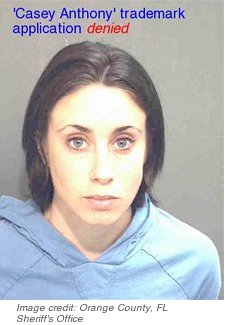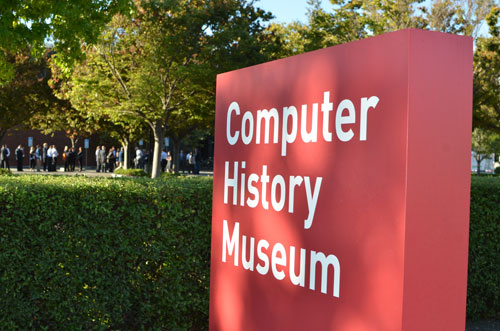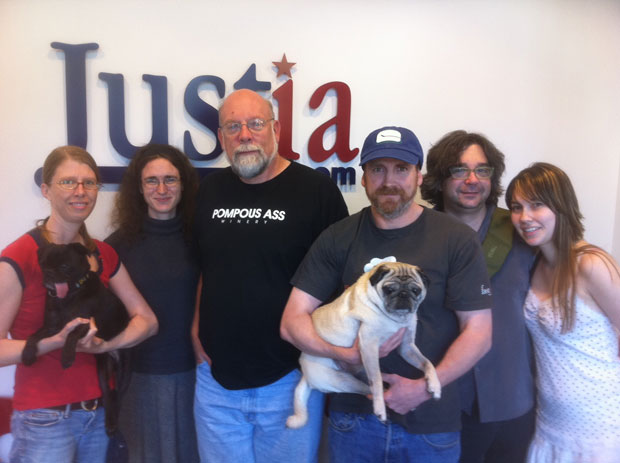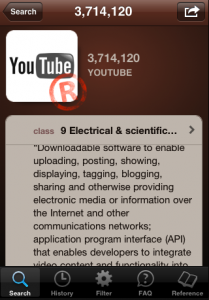 Earlier this month, the California Legislature passed SB 185. If signed by Governor Brown, the bill would add a section to California Education Code Section 66205 allowing the University of California (UC) and the California State University (CSU) to consider certain factors in admissions, “so long as no preference is given.”
Earlier this month, the California Legislature passed SB 185. If signed by Governor Brown, the bill would add a section to California Education Code Section 66205 allowing the University of California (UC) and the California State University (CSU) to consider certain factors in admissions, “so long as no preference is given.”
UC Comprehensive Review
Currently, the UC considers 14 academic and personal factors in its admissions process. Known as the comprehensive review, this process ranks students based on the following factors:
- GPA in A-G courses.
- ACT or SAT scores.
- Electives.
- Honors and AP courses.
- Class rank.
- Senior-year program.
- “Quality of their academic performance relative to the educational opportunities available in their high school.”
- Outstanding academic performance.
- Outstanding work in special projects.
- “Recent, marked improvement in academic performance.”
- Special talents, skills, or leadership experience.
- Completion of special projects.
- “Academic accomplishments in light of a student’s life experiences and special circumstances.”
- Location of a student’s secondary school and residence.
SB 185 Factors
Under SB 185, when “attempting to obtain educational benefit through the recruitment of a multifactored, diverse student body,” the UC may consider these additional factors:
- race,
- gender,
- ethnicity,
- national origin,
- geographic origin, and
- household income.


 The U.S. Patent and Trademark Office rejected California company Grant Media’s recent
The U.S. Patent and Trademark Office rejected California company Grant Media’s recent 
 Last week, Netflix announced some big changes in their structure and offerings. First, they will
Last week, Netflix announced some big changes in their structure and offerings. First, they will 



